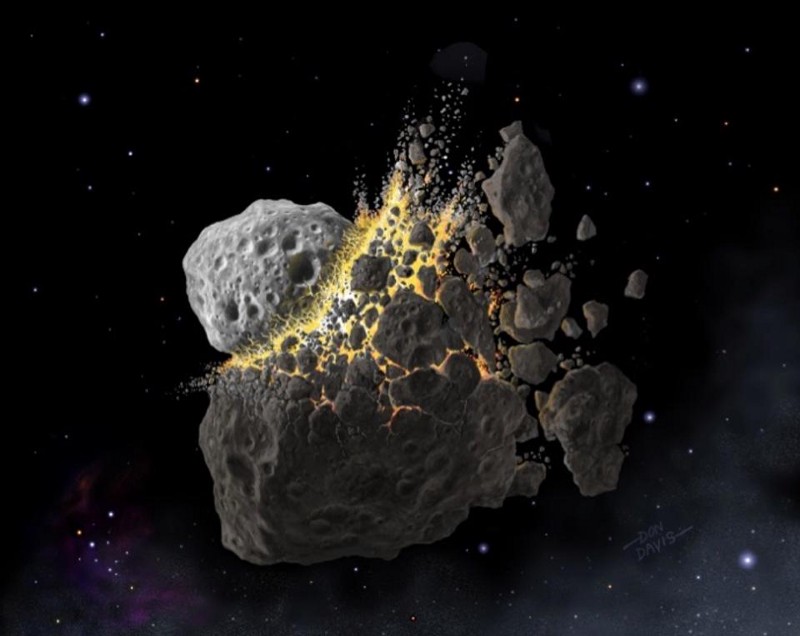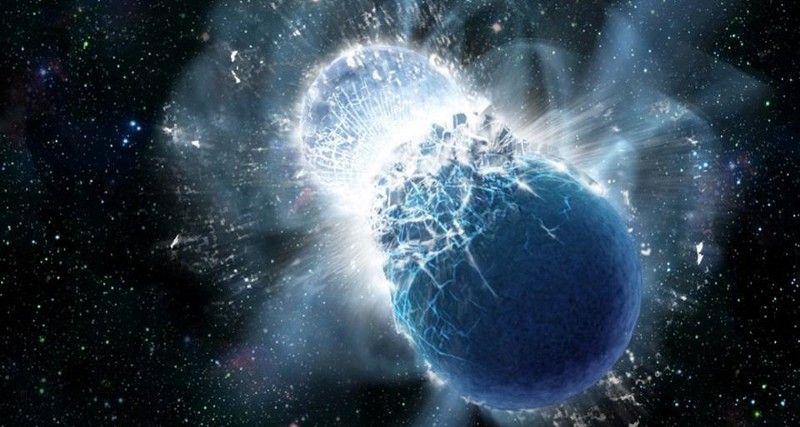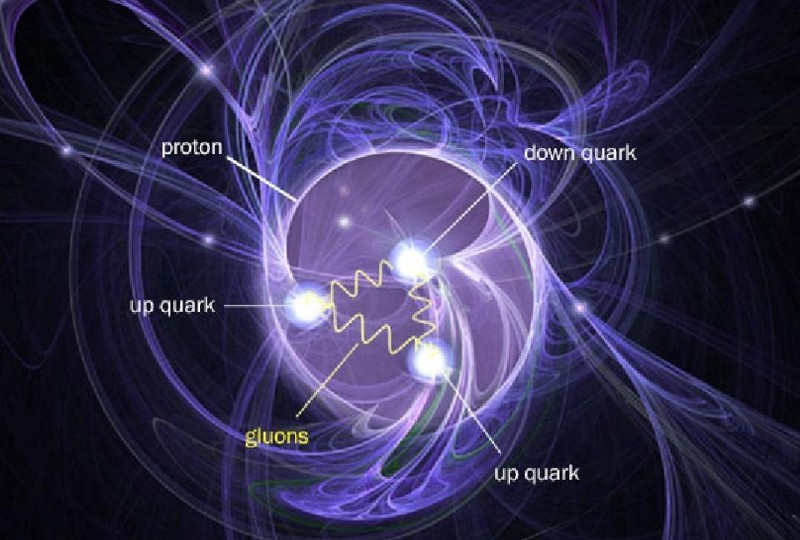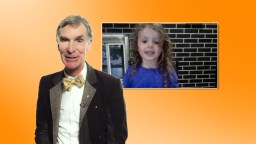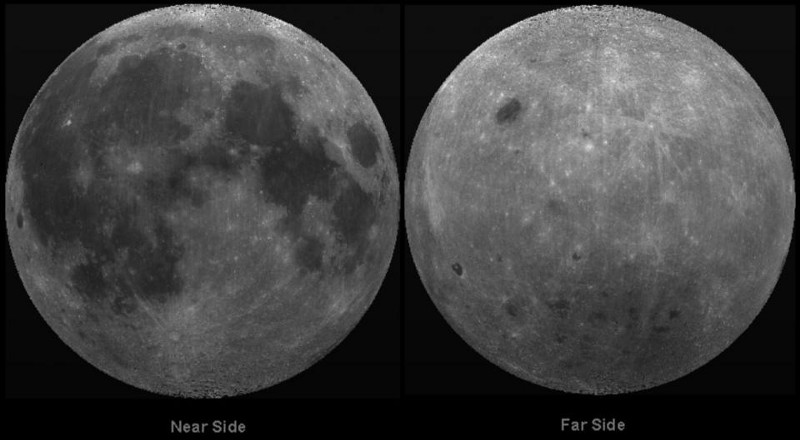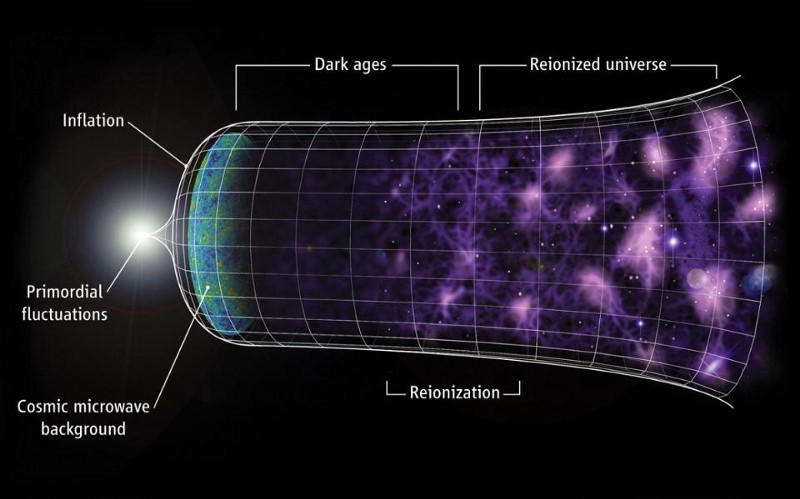Unless we take a more scientific approach to philanthropy, we risk spending a lot of money doing some very backward, ineffective, and inefficient things.
Search Results
You searched for: Systems
75% of all people will live through a traumatic event. 35-37% will experience PTG.
NASA finds 50,000 year-old bacteria alive inside gigantic crystals in a Mexican mine.
When Shoshana Johnson decided to join the military, her intention wasn’t to make history.
People in the East and West really do think differently, especially when it comes to self-identity. Depending where you live, it’s either associative or distinctive thinking that shapes your sense of self.
▸
4 min
—
with
Breakfast is often cupcakes and cake with different names, like muffins and yogurt. That does not bode well for our waistlines.
The painting measures 12,000 sq. ft. and includes over 300 life-like figures.
Why do the asteroids that fall to Earth have the composition they do? A giant space collision 466 million years ago may be to blame. “Men of genius are often dull […]
For the first time, the gravitational wave sky and the astronomical sky might be coming together. It’s a new era, at long last. “Presently thought to be the most powerful explosions […]
We’re about to kick off the sixth great extinction event. And we’ll follow shortly after.
A brain-computer music interface system allows four patients to compose their own string quartet.
Did decentralizing top-down media control bring us any closer to the truth-topia we were hoping for?
▸
6 min
—
with
The world’s most populated country has had its fair share of great minds. Here, we take a quick look at ten thinkers you might not have thought about.
Why is it so hard to agree with some people? They are literally wired to value different things than you.
Everything is made of quarks, leptons, photons, and gluons, yet everything comes with a finite, non-zero size. “There’s something about sitting alone in the dark that reminds you how big the […]
Freeze it, boil it, or expose it to radiation. The water bear shrugs it off. Now we know why.
One of CRISPR-cas9’s inventors has just announced the arrival of an inexpensive, portable diagnostic tool: SHERLOCK.
A key cognitive bias isn’t a bug, it’s just operator error (and easily correctable by using reason as nature intended).
A very small person asks a very big question: why aren’t the moons of gaseous planets also made of gas?
▸
4 min
—
with
Advertisers say they help with ADHD, anxiety, stress, and autism. But what do studies suggest?
A Japanese company is laying off 34 workers and replacing them with artificial intelligence based on IBM’s Watson Explorer. While advancing automation may be helpful in alleviating Japan’s aging and declining population, what does this mean for other workers across the globe?
That’s a big yes, as an incredible new study from University of Melbourne researchers found.
We take for granted how much the Moon does for Earth, but not all of the changes would be bad. “If we get rid of the moon, women, those menstrual cycles […]
Space is getting bigger, but atoms, humans, Earth and our Milky Way stay the same size. How is this possible? “The Universe is expanding the way your mind is expanding. […]
In her new book, Eden Collinsworth investigates morals in a growingly diverse world.
There’s been an alarming uptick in sufferers of depression turning to opioids, increasing addiction numbers.
More massive is bigger, less massive is smaller, right? That’s not even half the story. “Billions of years from now our sun, then a distended red giant star, will have reduced […]
Self-diagnosing celiac disease is a problem. Yet gluten is becoming an increasing issue for many.
Earthquake? Nuclear explosion? Fission or fusion? We know, even if world leaders lie. “North Korea has taught a great lesson to all the countries in the world, especially the rogue countries […]
From a Universe that went no bigger than our Milky Way to the trillions of galaxies in our expanding Universe, our knowledge increased one step at a time. “Gamow was fantastic […]







